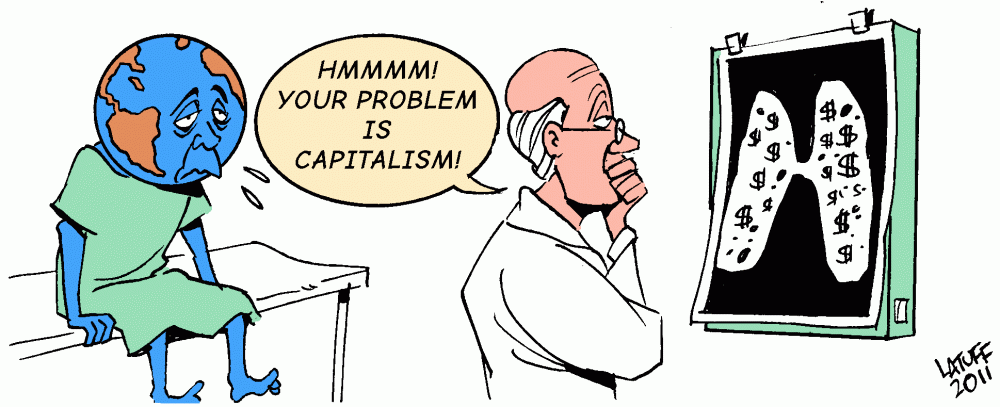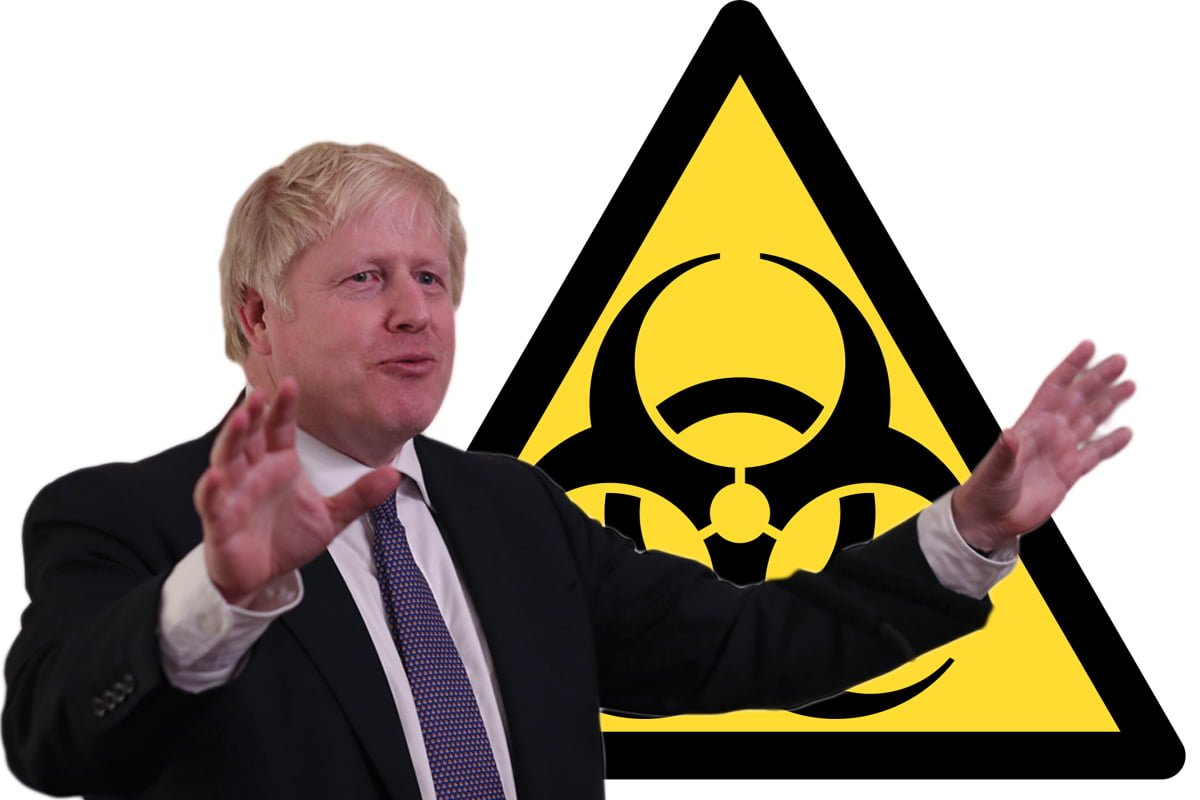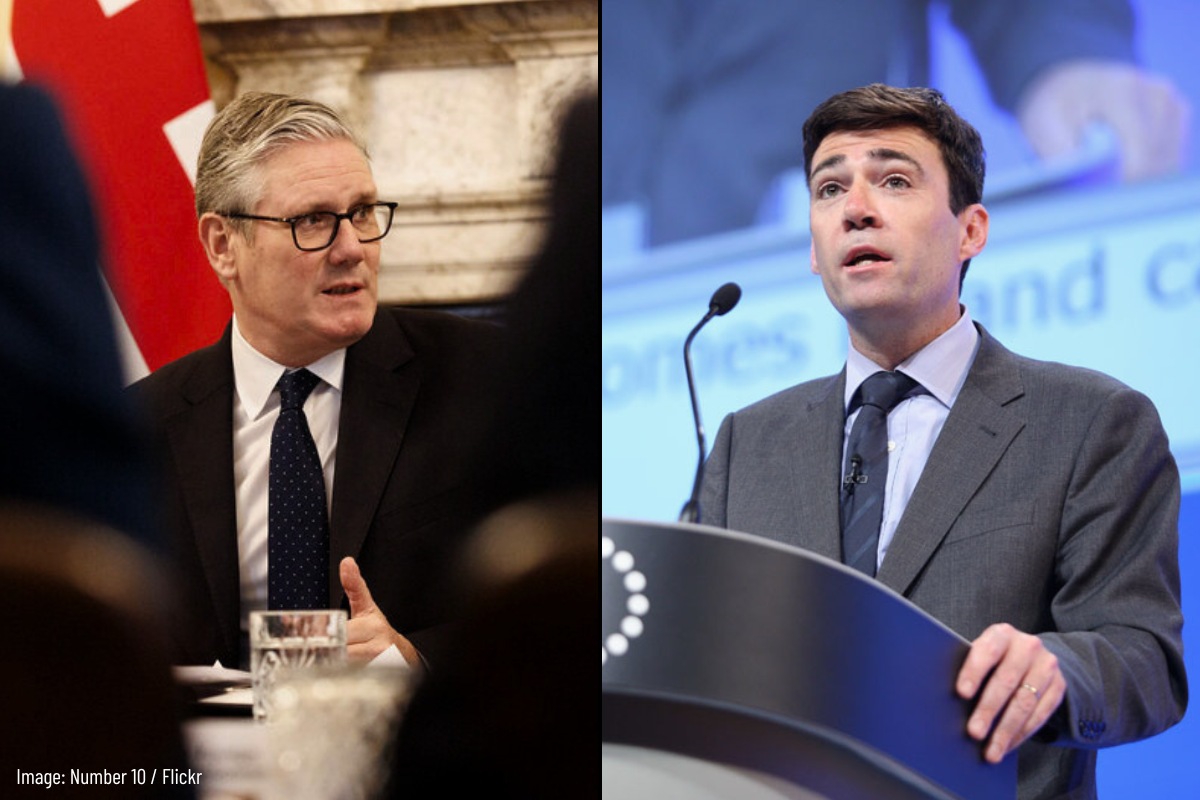After much delay, the Prime Minister today announced the government’s lacklustre response to the covid-19 pandemic. The labour movement must fight to ensure that workers, the poor, and the vulnerable do not suffer as a result of the outbreak.
The coronavirus crisis has exposed the weaknesses in an already fragile and febrile system.
The impact of the epidemic on society, in this respect, is much like its effect on individual victims. A healthy patient is likely to survive, taking the infection and illness in their stride. The elderly and those with existing medical conditions, however, are highly vulnerable to the virus.
And so it is with covid-19 and capitalism also. A strong, robust economy could have withstood the outbreak, dealing with it rapidly and effectively. But, instead, we have a sick and senile system – one whose frailities are now all too plain to see.
Heel dragging
Big business is terrified of the potential damage to their profits from the disease, as whole populations are ordered indoors, cities are turned into ghost-towns, and production is paralysed.
Hence why Boris Johnson, Donald Trump, and their Chinese counterparts have all initially attempted to downplay the significance of the outbreak, and why world leaders have dragged their heels at a time when urgency is needed.
UK response to Coronavirus
— Iron Turtle MMA Picks (@HealthyDaz) March 12, 2020
Even the head of the World Health Organisation was forced to admit – whilst officially declaring the outbreak to be a pandemic – that there have been “alarming levels of inaction” from governments.
Johnson’s Tory government has been no exception. Tackling the epidemic requires a bold and immediate response. But Downing Street has been continually behind the curve.
Even today’s COBRA meeting provided little reassurance, with only limited and tokenistic measures being proposed. Officials in other countries, such as Ireland, meanwhile, have recommended far more sweeping measures, despite having lower infection rates.
Healthcare drowning
 It is clear that healthcare services across the world are going to be overwhelmed. Private insurance based systems in countries like the USA have left millions without any prospect of affordable treatment. And profit-driven Big Pharma firms have openly stated that there is no financial incentive for them to develop antiviral vaccines.
It is clear that healthcare services across the world are going to be overwhelmed. Private insurance based systems in countries like the USA have left millions without any prospect of affordable treatment. And profit-driven Big Pharma firms have openly stated that there is no financial incentive for them to develop antiviral vaccines.
In Britain, years of underfunding, austerity, and privatisation has left the NHS completely starved of the resources needed to fight the disease. There is already an extreme scarcity of hospital beds, which have been steadily declining for decades.
The government has suggested calling on retired doctors and nurses to meet the surge in demand for testing and treatment. Unsurprisingly, many of these retirees are reluctant to return to fight the covid-19 crisis, having left the profession after years of being overworked and underpaid.
Rishi Sunak, the Tory Chancellor, has pledged to pour “millions and billions” into the NHS as part of his latest Budget, in order to tackle the illness. Even if true, this extra spending would not be enough. This is nothing but a palliative remedy; a sticking plaster over a hemorrhaging wound.
In any case, these are empty promises coming from a party that has spent the last 10 years eroding the very foundations of Britain’s public healthcare system; that has gladly carved up the NHS and sold it off to multinational corporations; that was even willing to put our NHS “on the table” as part of a trade deal with Trump.
After all, who can forget the torrent of lies on this topic emanating from Boris Johnson’s mouth at the last election. The Prime Minister stated that there would be 40 new hospitals, when in fact money had only been allocated to refurbish six. The Tory leader also insisted that 50,000 more nurses would be hired, despite revelations that 19,000 of these were double-counted.
So how can we be expected to trust the Tories now, in this darkest hour for the country’s public health?
Contagious conditions
At the same time, years of attacks on the working class have created the conditions in which communicable disease can thrive and spread.
One study in America, for example, found that forcing companies to provide proper paid sick leave reduced influenza infection rates by 40% during a typical winter wave. But guaranteed sick pay is beyond the reach of millions of workers in this era of dog-eat-dog capitalism.
Across the world, workers face increasingly precarious conditions, forced into the ‘gig economy’ and onto zero-hour contracts. In Britain, 4.7 million people – around 1-in-10 working-age adults – are now estimated to be in such a position. As a result, these workers lack basic rights such as sick pay. Similarly for other self-employed workers, including those in ‘bogus self-employment’.
Many more are living paycheque to paycheque. They cannot afford to ‘self isolate’ on the miserable statutory sick pay on offer. They therefore have no choice but to go into work, even if this risks infecting others. In short, capitalism is constraining our ability to contain the contagion.
Financial contagion
 Changes in the world economy, meanwhile, mean that industry and manufacturing is more vulnerable than ever. The reliance on complex global supply chains was previously presented as an enormous boost, providing ‘just-in-time’ production and low prices to consumers. (In reality, of course, the real benefit was to the bosses’ profits, with workers everywhere seeing a race to the bottom in terms of wages and conditions.)
Changes in the world economy, meanwhile, mean that industry and manufacturing is more vulnerable than ever. The reliance on complex global supply chains was previously presented as an enormous boost, providing ‘just-in-time’ production and low prices to consumers. (In reality, of course, the real benefit was to the bosses’ profits, with workers everywhere seeing a race to the bottom in terms of wages and conditions.)
But now things have turned into their opposite, as the impact of factory shutdowns in China and elsewhere ripple across the planet. Growth everywhere has slowed. Already stagnant economies are now certain to fall into recession.
A new slump is on its way. Stock markets have tumbled. Governments have attempted to calm nerves, promising interest rate cuts and ‘fiscal stimulus’. But monetary policy will have limited effect. And public debt is already at sky-high levels.
The major monopolies and multinationals will likely be able to weather the storm. They have built up enormous cash piles in the last decade – all on the basis of exploiting the working class, of course.
But many smaller businesses – already highly ‘leveraged’ and addicted to cheap credit – will go under, forcing banks to write off their debts in the process. Ditto with households, who will struggle to keep up with mortgage repayments.
Like the virus itself, this financial contagion can quickly spread too, resulting in a new ‘credit crunch’ – threatening to plunge the world economy further into crisis.
As with any crisis under capitalism, it is ultimately the working class that will be presented with the bill. After the 2008 crash, workers across the world were asked to tighten their belts and accept austerity and wage cuts in order to prop up the system. Over a decade on, and the working class is still waiting for the ‘good times’ to return.
This time round, we must fight to make the bosses pay.

War footing
The establishment are attempting to whip up a ‘blitz spirit’, calling on ordinary people to stoically ‘keep calm and wash your hands’.
“Things seem tough now,” the Prime Minister asserted in his public announcement today, “but remember, we will get through this epidemic…if we look out for each other and commit wholeheartedly to a national effort.”
In short, we are all supposed to ‘do our bit’ to fight the virus. But what is the Tory government doing?
In China, temporary hospitals were quickly erected to house patients and deal with the tsunami of coronavirus cases. Why have similar proposals not been formulated in Britain?
The government should be publishing detailed plans of what hotels and halls can be converted into makeshift medical facilities, in order to provide the thousands of extra beds needed. And they should be guaranteeing the free provision of hand sanitiser, drugs, face masks, etc. to all, in order to undercut the profiteering and racketeering taking place on the market.
George Osborne, amongst others, has called for the government to put the country on a “war footing”. But the former Tory chancellor fails to mention that actual wartime governments in the past were forced to nationalise industries and take the economy into public hands in order to plan the fightback.
Sick system
 The fact is that the invisible hand of the capitalist market cannot plan and provide – neither in times of emergency, nor for ordinary people even in ‘normal’ times.
The fact is that the invisible hand of the capitalist market cannot plan and provide – neither in times of emergency, nor for ordinary people even in ‘normal’ times.
Indeed, as we see with the climate catastrophe, capitalism is literally killing the planet. Individual actions are not enough. We need bold socialist measures to tackle the coronavirus crisis.
We need to reverse all privatisation and outsourcing in the NHS, and bring services completely back in house. Now is the time to bring social care and private healthcare facilities under public ownership too, in order to deliver an integrated plan of action for the sick and vulnerable. And the big pharmaceutical corporations should be nationalised to stop CEOs and shareholders profiteering from the pandemic.
Alongside this, the labour movement needs to fight for an immediate end to zero-hour contracts and ‘bogus self-employment’, and for guaranteed sick pay and unlimited sick leave for all. Those required to stay at home and quarantine themselves must be given time off without any loss of pay. And parents and carers should be provided with paid leave to look after children and those affected by the closure of schools, nurseries, and so on.
All non-essential production should be paused in order to prevent the spread of the disease, with workers guaranteed full pay as long as businesses are closed. All public sector outsourcing must be immediately ended, with services brought in-house to ensure that workers continue to receive their wages.
Unions should also demand proper health and safety measures in the workplace for those required to go in, with the costs borne by companies. If the bosses claim that the money isn’t there, then the labour movement must demand to open up the books.
Such steps should be discussed and decided by the workers themselves, with shop stewards and elected workplace committees overseeing their implementation. If union presence is weak or nonexistent, then this is the opportunity to begin organising and demanding trade union recognition.
We need to nationalise the banks in order to direct resources to where they are needed, providing funding to households, small businesses, and sectors affected by the shutdown. Any attempts to evict tenants who fall short on their rent must be fought and overturned. And empty homes being used as vehicles for speculation by the super-rich should be brought under public control to provide accommodation for the homeless.
Industries facing bankruptcy should be nationalised, in order to protect workers’ jobs and livelihoods. And the idle wealth of the monopolies should be expropriated in order to fund the emergency measures required.
With such steps, society could prevent the worst impacts of the pandemic and ensure that workers, the poor, and the vulnerable are not made to pay for the coronavirus crisis.
Capitalism is a sick system. It cannot be patched up. Only clear socialist policies can provide a cure.






